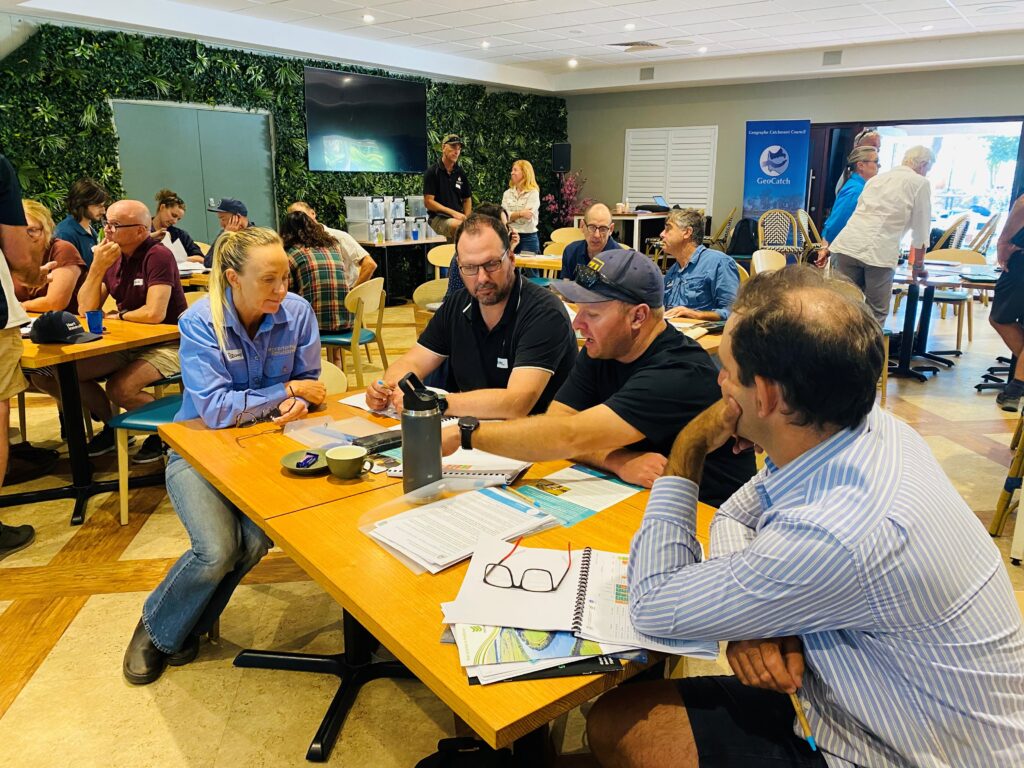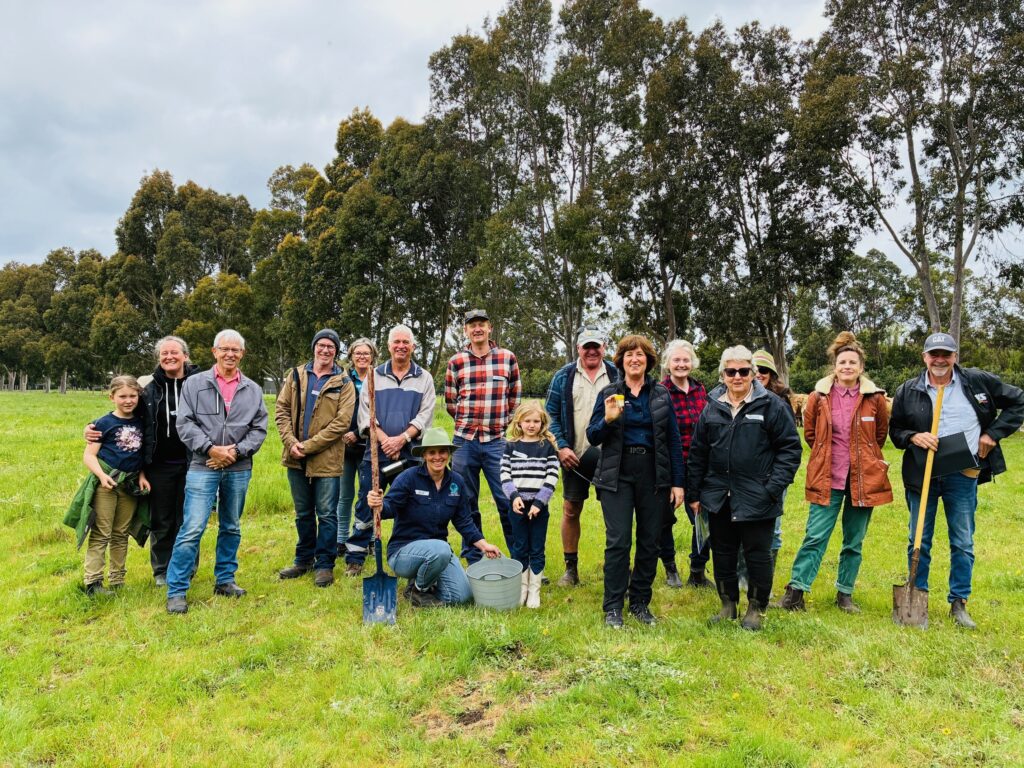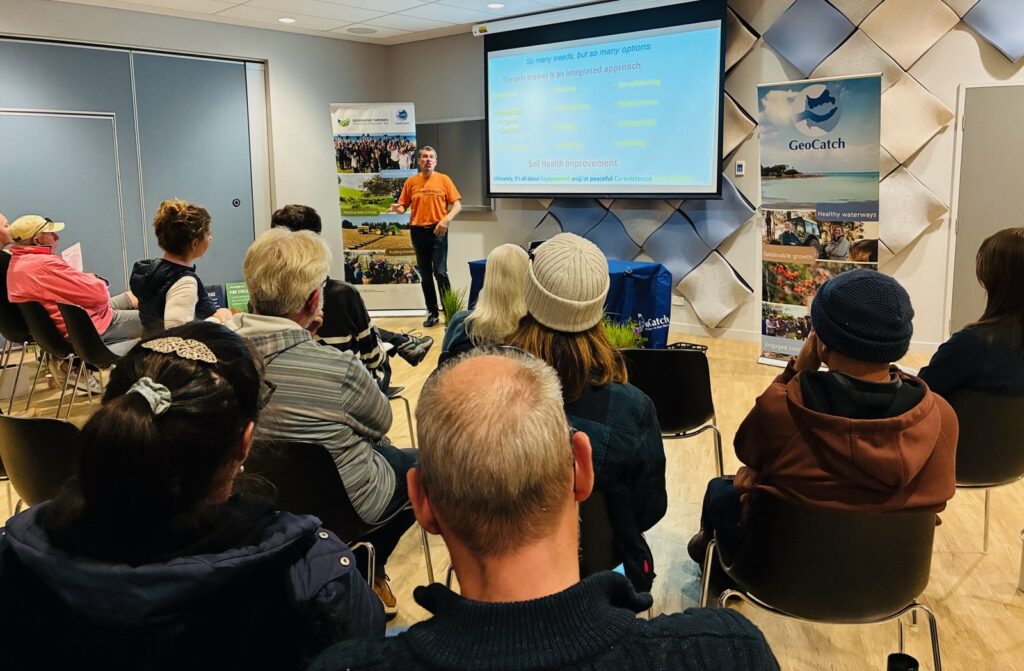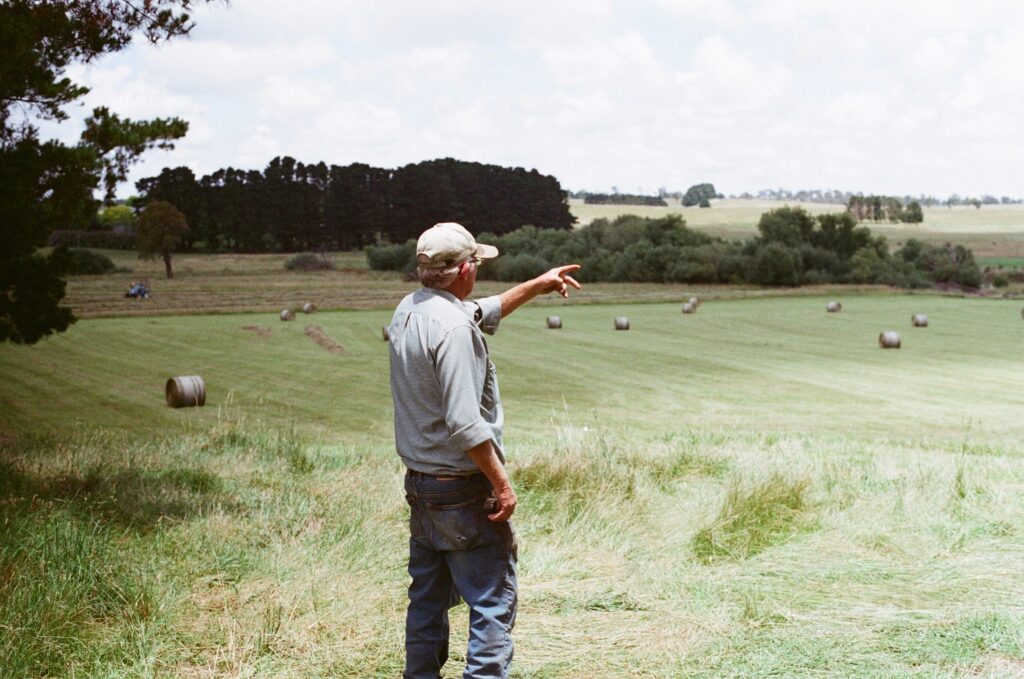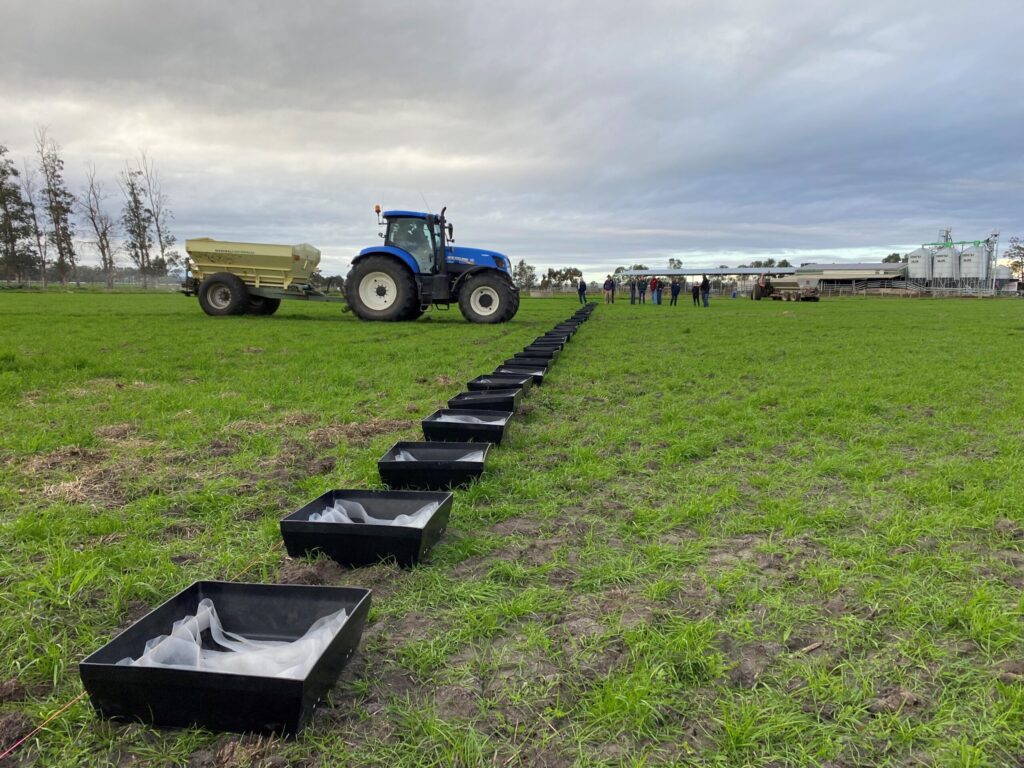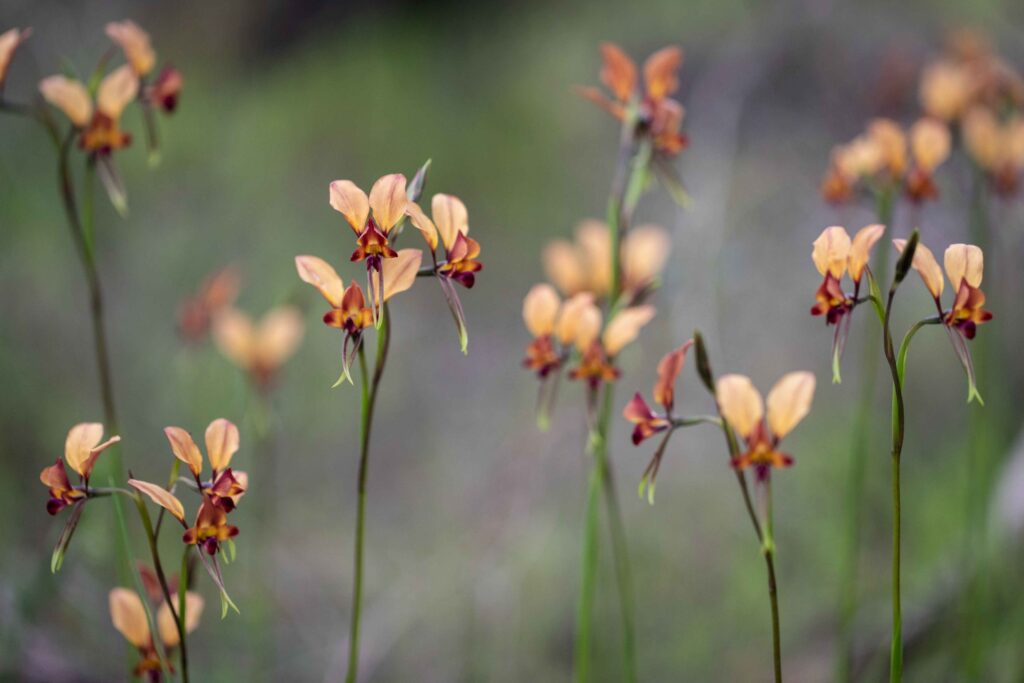As its name suggests, the dung beetle specialises in dealing with dung. But these expert manure handlers do so much more than break down those cow pats out in the paddock.
They are nature’s soil engineers—enhancing soil health and structure, improving pasture quality, reducing parasites, and keeping bush fly numbers down. But in many areas, their populations are patchy or missing.
GeoCatch is teaming up with Department of Primary Industries and Regional Development (DPIRD) and Southern Forests Community Landcare, to participate in the Dung Beetle Soil Health Initiative, and we’re calling on landholders to help us understand more about these underground heroes of the South West and their value to our region’s soils and pastures.
The project aims to create an Action Plan to leverage the benefits of dung beetles, address the gap in dung beetle activity during late winter and early spring and reduce bush fly populations. It will focus on agricultural and tourism hotspots including the Wheatbelt, Peel, South West, and Great Southern regions.
Local monitoring is important to find out in which regions different species of dung beetle thrive best. We are looking for farmers that would like to host a monitoring site on their property. Please email us at geocatch@dwer.wa.gov.au if you are interested in getting involved.
There is also a survey for landholders and community members to share your experience with dung beetles and how they fit into your farm system. Your input could guide where we run workshops, set up monitoring sites, and even release new beetle colonies!
Take the survey at www.surveymonkey.com/r/SoilHealth
Dung Beetle Soil Health Initiative: A collaborative effort to enhance dung beetle value to livestock producers.
Photo: GeoCatch project officer Lisa Massey ready to start monitoring dung beetles.
